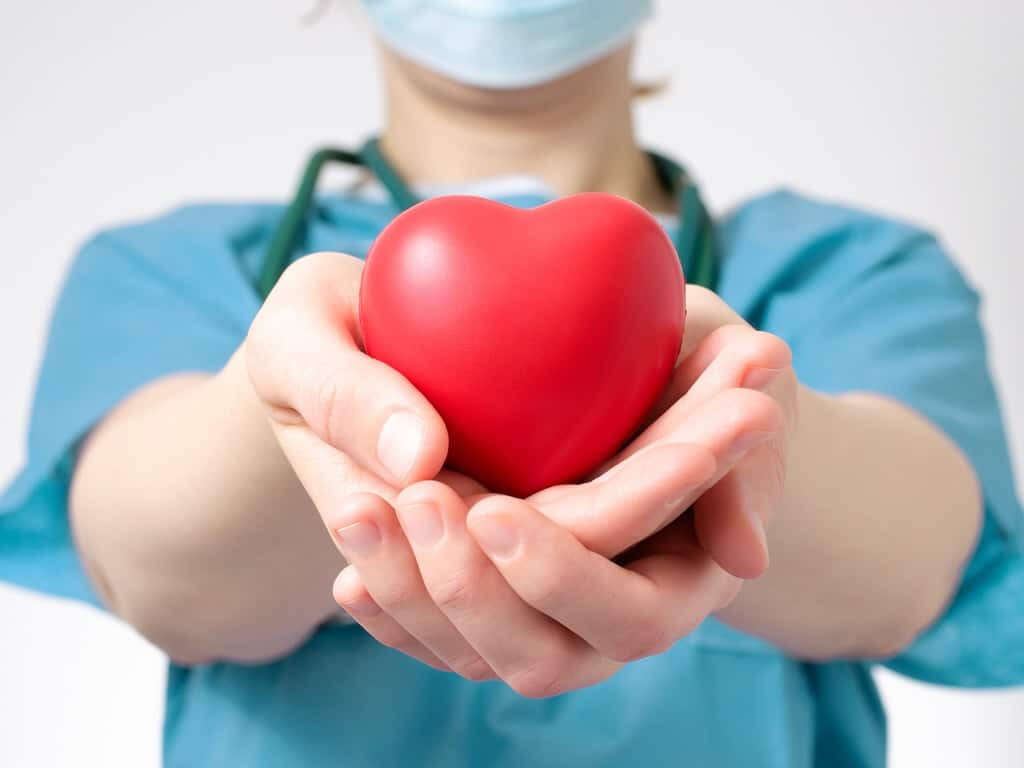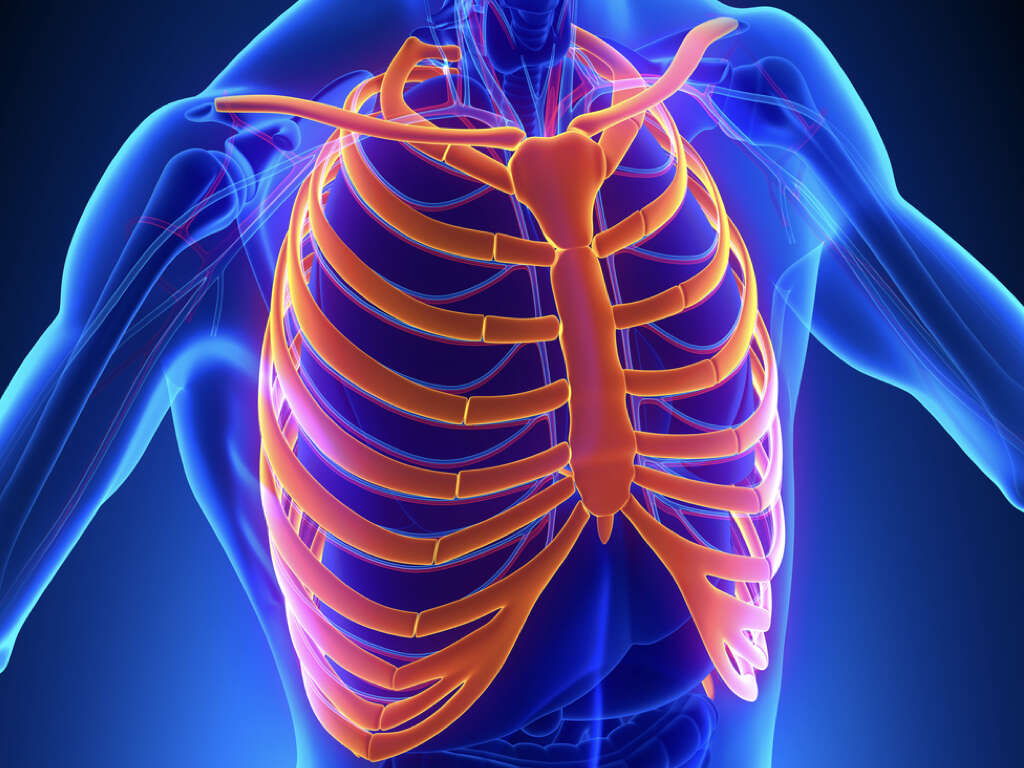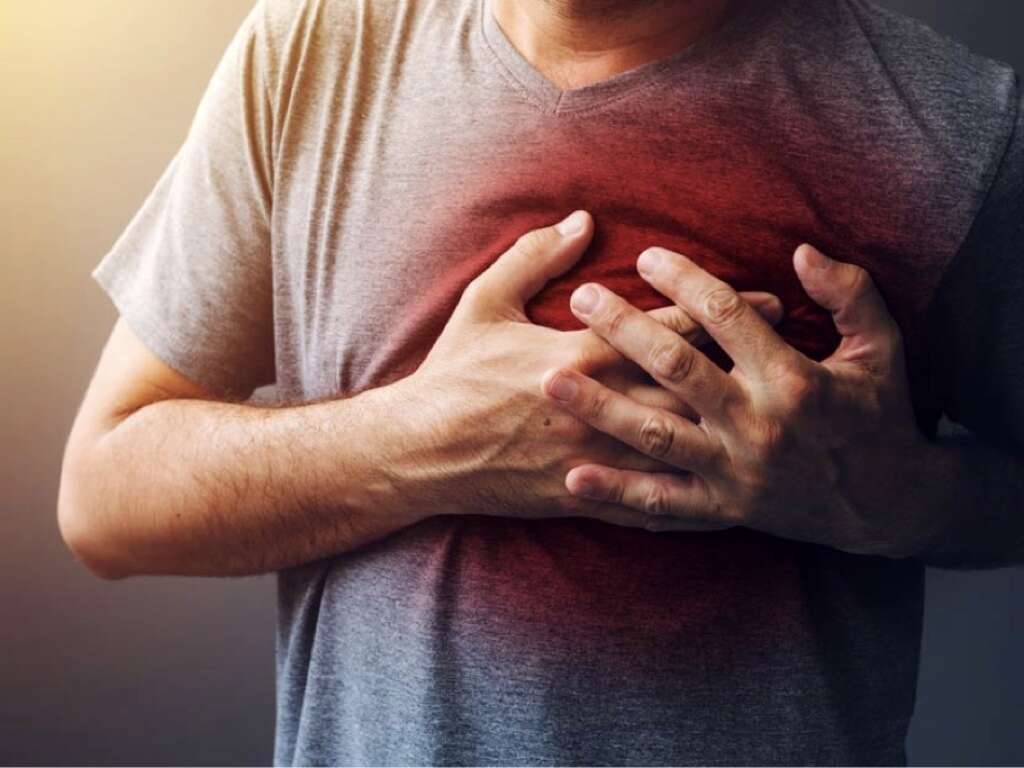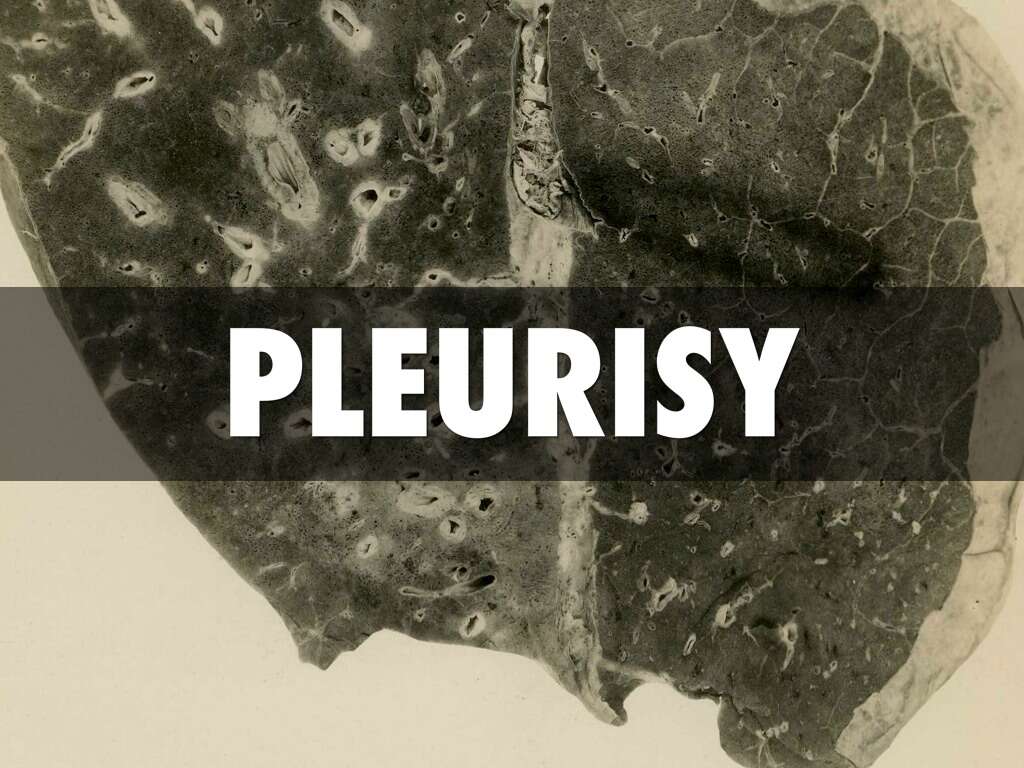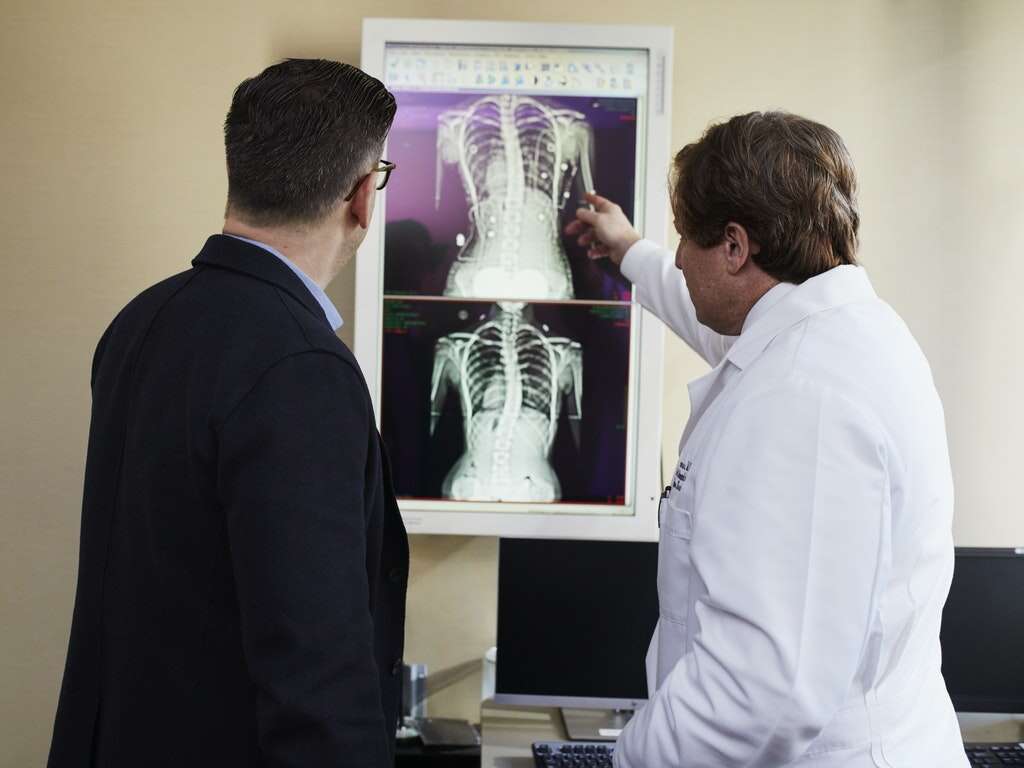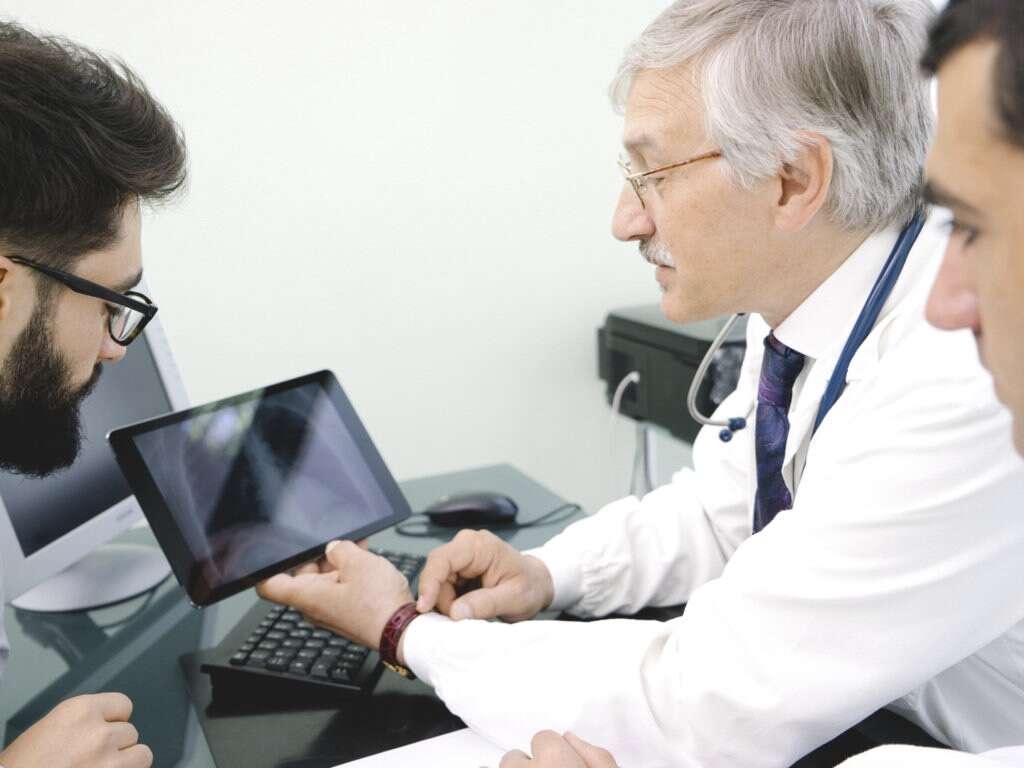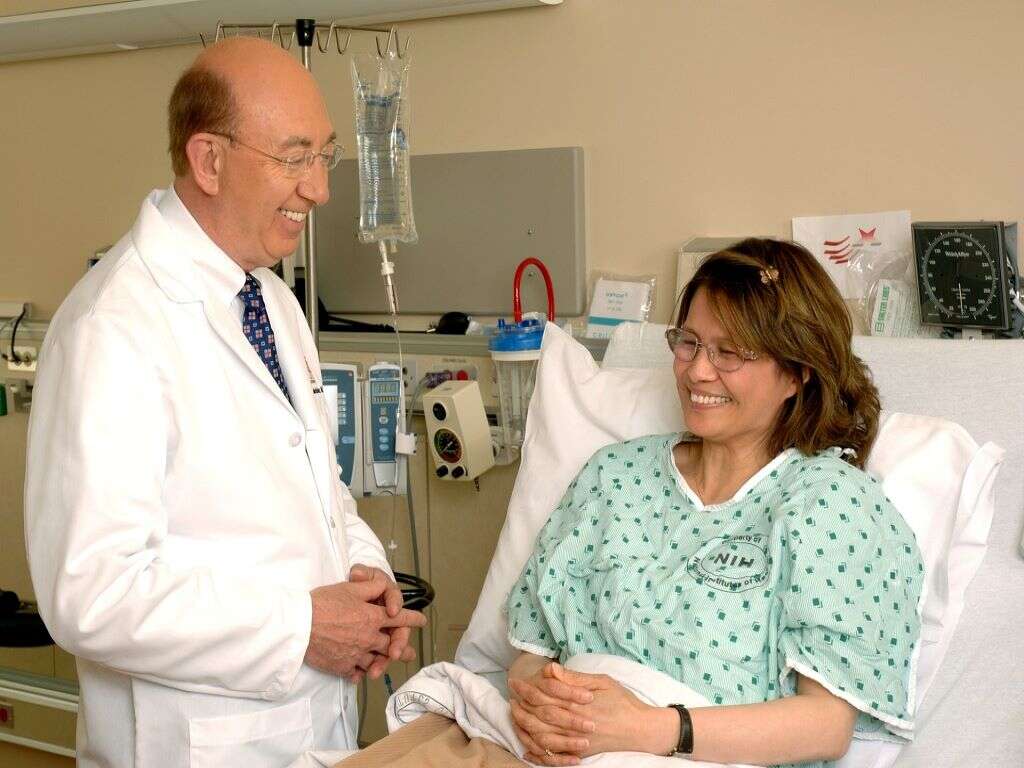10 Causes of Chest Pain
The human chest houses our lungs and heart, meaning that it protects some very valuable organs. It is also an area with lots of major blood vessels that are essential to our well-being. This means that if you feel pain in the chest area, there could be something seriously wrong.
Chest pains are a symptom of very serious health events, such as heart attacks and pulmonary embolisms, so they should not be taken lightly. At other times, though, it may be something relatively harmless even if it is uncomfortable. If you are experiencing chest pains for no apparent reason, then it should be treated as a medical emergency.
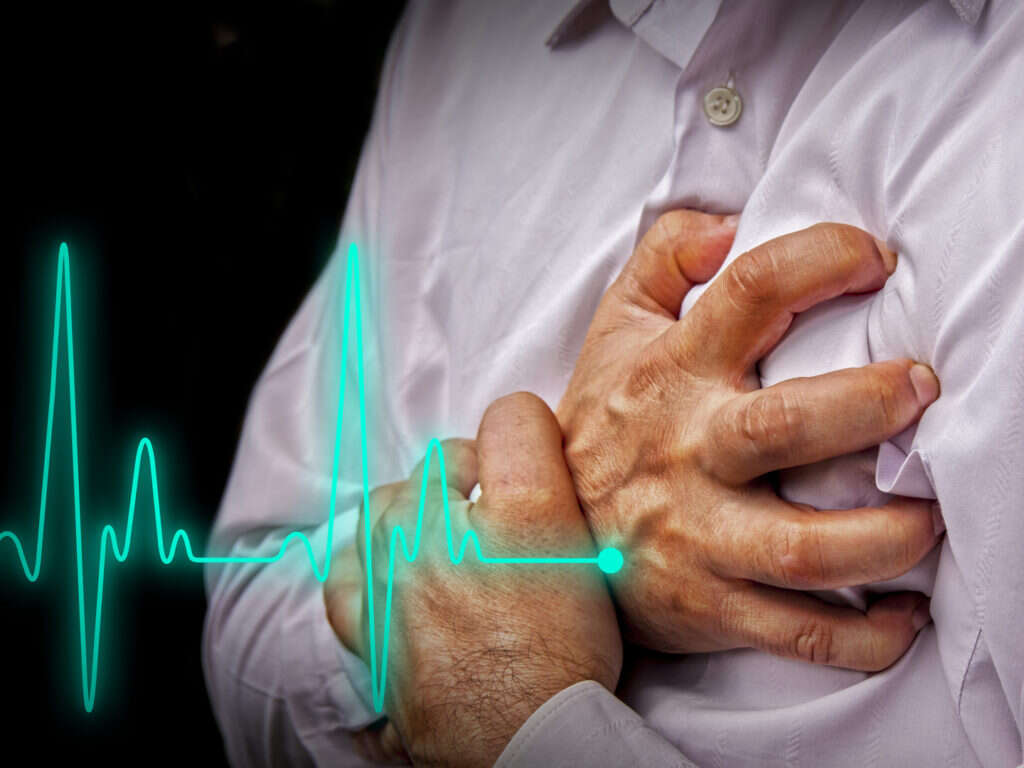
Cause #1: Myocarditis
The heart is an organ that is made up almost entirely of muscle. This muscle contracts sharply to expel blood from the heart’s chambers, forcing it to circulate around the body. However, unlike muscles in other parts of the body, the heart is at risk of developing certain complications.
Myocarditis is the medical term for inflammation of the heart muscle, and it can be the result of a number of causes such as infections and illnesses 1https://www.myocarditisfoundation.org/about-myocarditis/. Symptoms of myocarditis include an abnormal heartbeat, aches and pains, fever, and fatigue. Sometimes there may be no symptoms at all, meaning that the condition can go unnoticed.

Cause #2: Pneumonia
We take breathing for granted and rarely even think about it at all, but we know it is an essential function. Without the ability to breathe we will simply die, so when we have problems with the lungs we tend to sit up and take notice. An infection of the lungs, known as pneumonia, has the potential to be fatal so symptoms should be treated as an emergency.
If you are experiencing chest pains, it could be a symptom of pneumonia so it is something that should be taken seriously. In addition to chest pains, you are likely to experience difficulty breathing, a fever, and a painful cough that brings up mucus. While pneumonia can often be treated with antibiotics, the very young, the very old and the very weak may not respond to treatment.
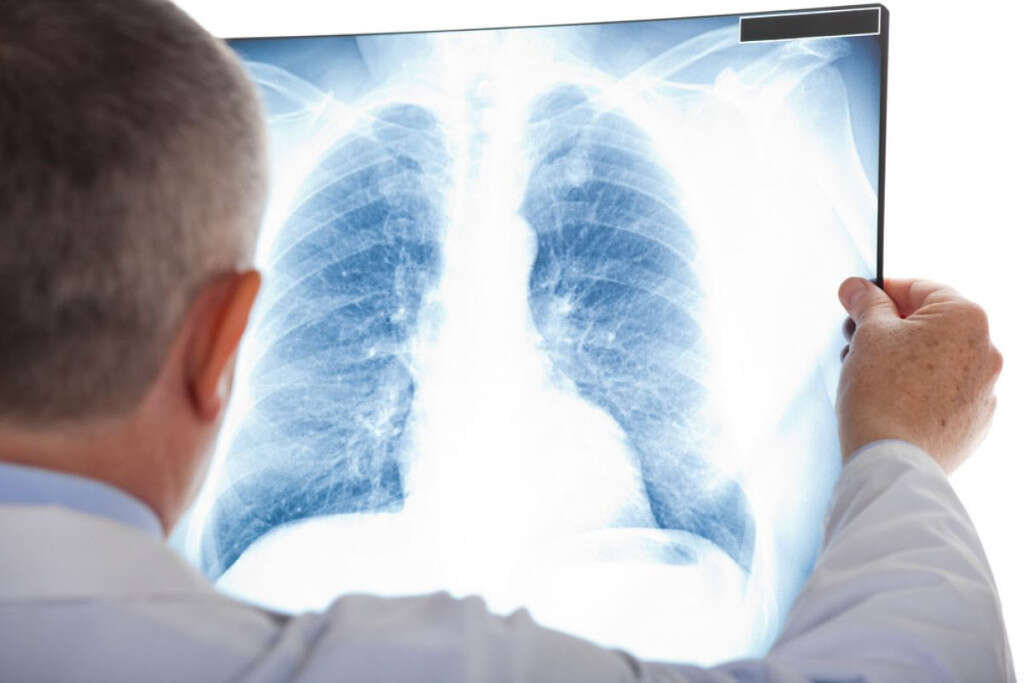
Cause #3: Panic Attack
While many of the ailments that can affect us are the result of something physical, it is not always the case. Psychological issues or events can also affect us – not only in terms of how we think or feel but also in terms of physical sensations. One of these events is a panic attack, and such an attack may cause chest pain.
As well as chest pain, somebody that is experiencing a panic attack is also likely to experience shortness of breath, sweating, shaking, and numbness, which can be very alarming to the patient and others around them. Panic attacks are not directly dangerous and can be treated with medication and/or therapy.

Cause #4: Heart Attack
We rely on our hearts every single day of our lives and it is there for us – pumping 24/7. If the heart stops working, there is a lack of blood being supplied to the muscle and then we are in real trouble. In medical terms, this is known as a myocardial infarction, and we know it more commonly as a heart attack.
If you are experiencing sharp chest pains then you may be suffering a heart attack, so it is something that should be taken seriously. Other symptoms include fatigue, nausea, difficulty breathing, and pains in the arms. The risk of a heart attack is increased with poor health, so try to keep in shape and eat healthy where possible.
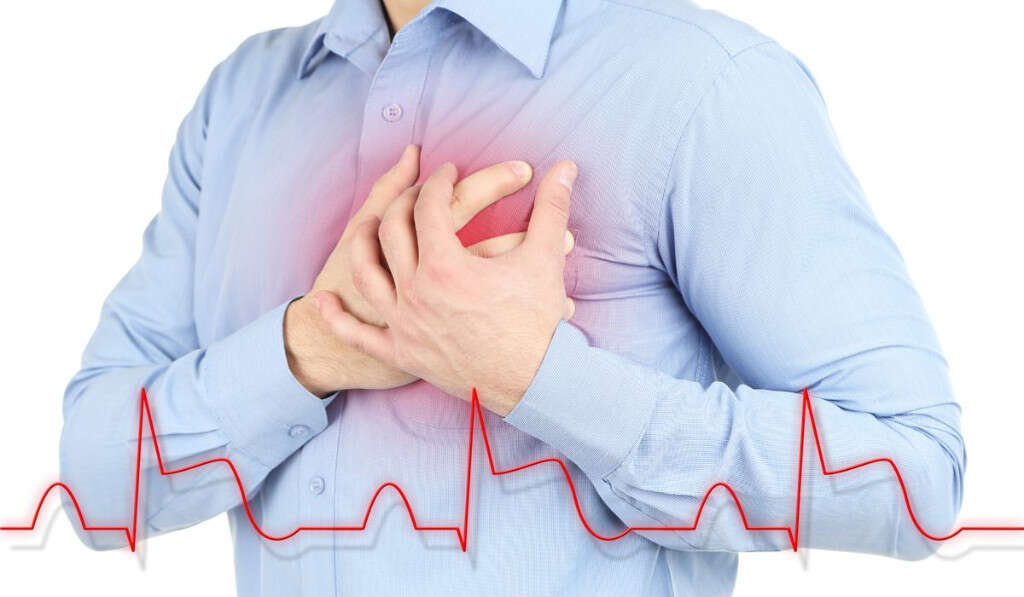
Cause #5: GERD
Our stomachs produce various chemicals and enzymes that help us break down our food. These substances are corrosive, but our stomach walls have a lining that protects us. Our stomachs also have muscles, known as sphincters, which tighten to prevent the gases and juices of the stomach from escaping uncontrollably.
If these sphincters experience problems, they may allow the gases and corrosive juices to escape into the esophagus. This is known as gastroesophageal reflux disease (GERD) and it will often cause a sharp pain in the chest area. The corrosiveness of the juices can also burn the lining of the esophagus, causing what we call heartburn.

Cause #6: Angina
Our heart pumps blood all over our body, supplying it with oxygen and valuable nutrients. If blood supply to a particular part of the body is stopped, then serious problems can arise. When the flow of blood to the heart is stopped, the result is a myocardial infarction.
Sometimes, though, the blood flow to the heart will be reduced rather than actually stopping, resulting in a sharp pain that is not immediately dangerous. This condition is known as angina and is often mistaken for a heart attack. Since pain in the heart could be an indicator of something very serious, it should always be treated seriously. Often times women experience angina during a heart attack and so these symptoms should be taken seriously.
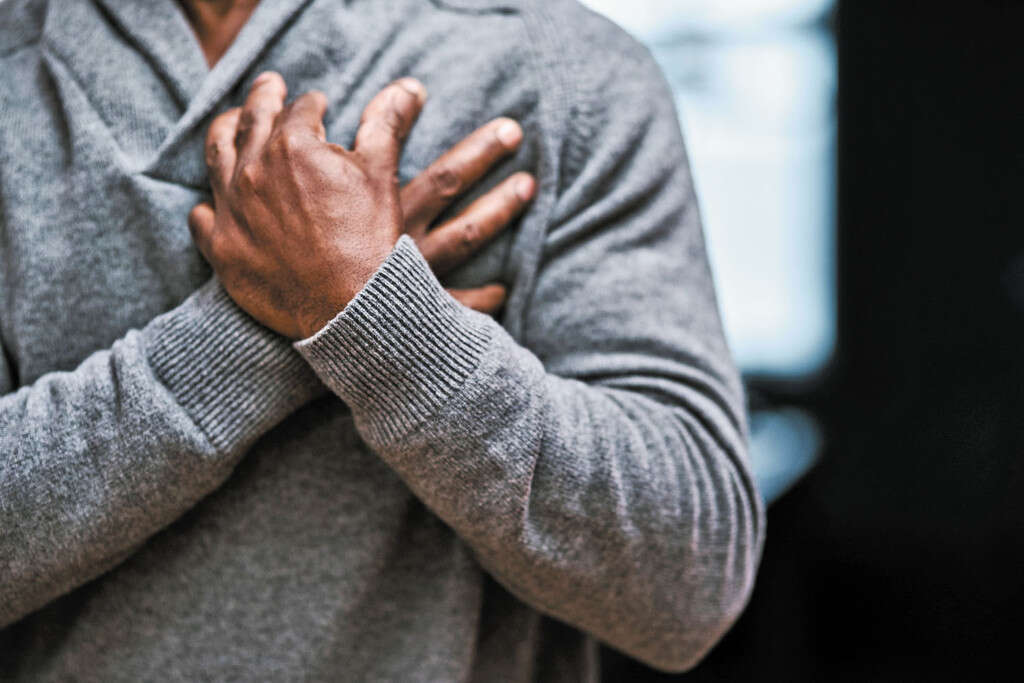
Cause #7: Pulmonary Embolism
Blood vessels do an excellent job of carrying blood around our bodies. If these vessels become blocked then blood flow will be restricted, and this can cause problems. Such blockages are often caused by blood clots, and they can sometimes block the flow of blood to the lungs.
The blockage of the artery that carries blood to the lungs is known as a pulmonary embolism. In addition to chest pains, symptoms include a fast heartbeat and difficulty breathing. Because a pulmonary embolism will prevent the body from getting sufficient oxygen into the blood, it is a very serious condition and should be treated as an emergency.
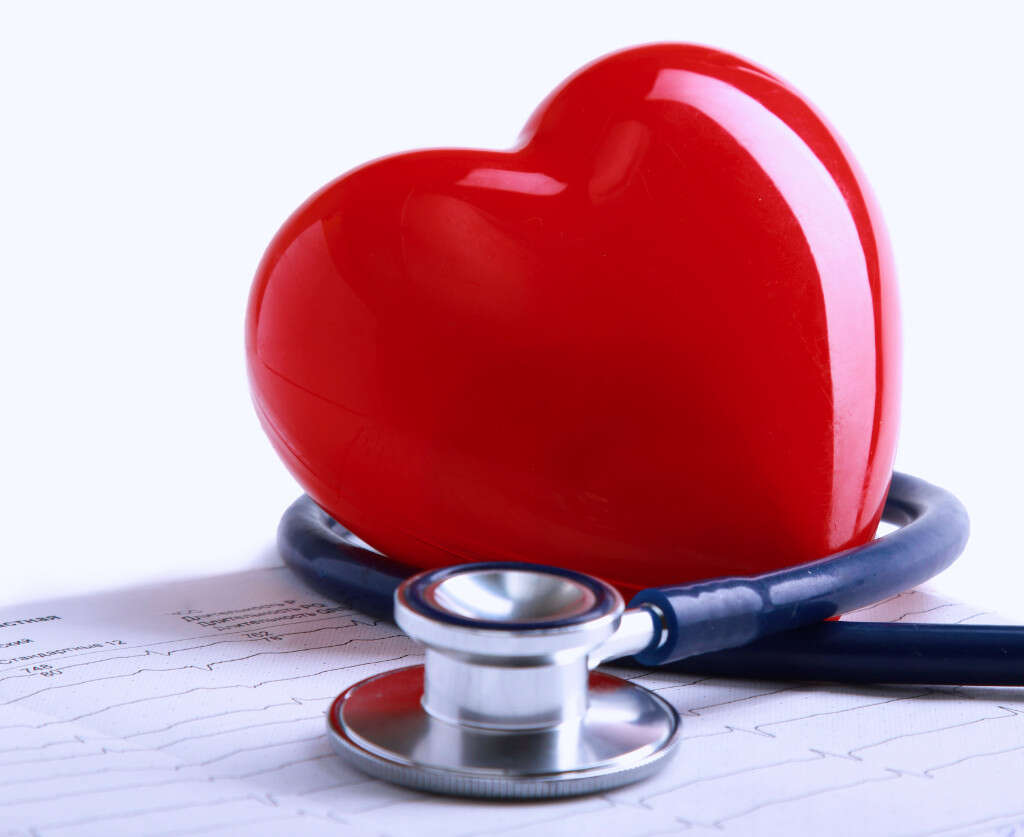
Cause #8: Pleurisy
Our lungs are made from soft tissues that are quite delicate. They are protected against friction with the rest of the body by a thin lining called the pleura. Sometimes, though, this lining can become infected or inflamed, resulting in a sharp pain in the chest. This is a condition known medically as pleurisy.
A pleurisy attack is a sharp pain in the chest that can be quite alarming and it may even be mistaken for a heart attack at first. It is not particularly dangerous, though, even if it is alarming. Antibiotics are usually all that is needed to treat the condition, although you should still seek medical advice.
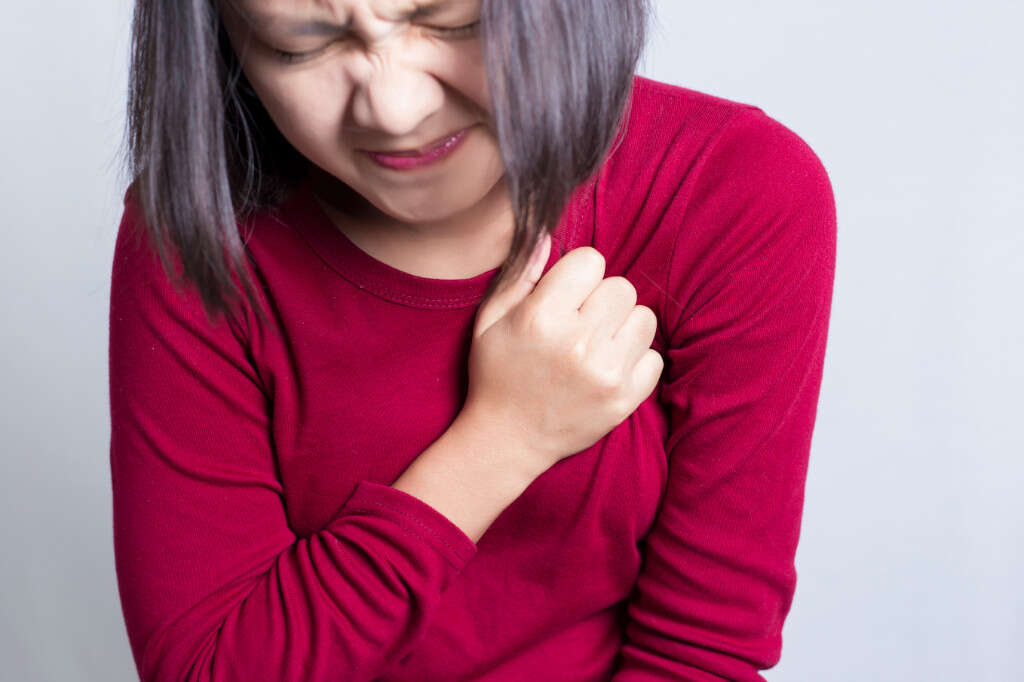
Cause #9: Sore Muscles
The muscles in and around the chest are often put under quite a bit of strain. The chest area is often called into action where heavy lifting is concerned, and a harsh cough can also aggravate the muscles considerably. These and other factors could lead to the muscles around the chest becoming sore just as other muscles in the body do.
While such muscle soreness is likely to go away with some rest and relaxation, don’t take the condition too lighthearted if it persists. Chest pains can be an indicator that something is seriously wrong so if there is any doubt, make an appointment with a doctor. If the pain is particularly severe, you should treat it as a medical emergency.
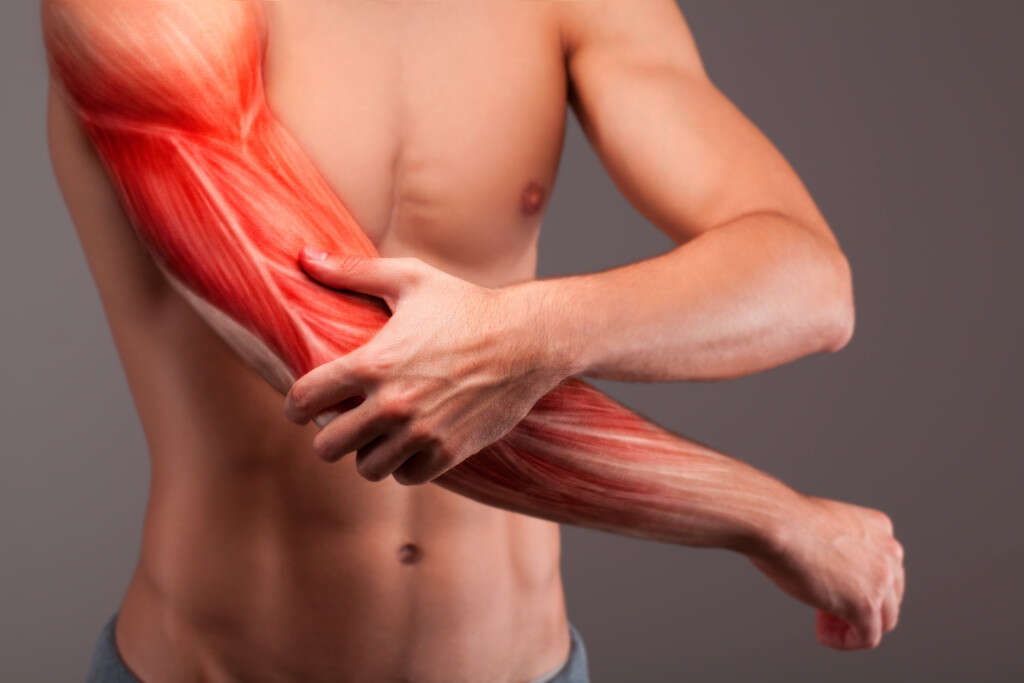
Cause #10: Injury
Active people, in particular, are prone to picking up knocks and bruises from time to time. While these will usually go away, some can linger and potentially cause further complications if not treated. If you are experiencing chest pain, it could be the result of an injury.
The ribs are particularly prone to damage as they are relatively fragile. Broken or bruised ribs can cause chest pain and difficulty breathing. The muscles and other tissues surrounding the chest can also become damaged. Any injury that causes chest pain can be potentially dangerous so you should seek medical help if you are unsure.
